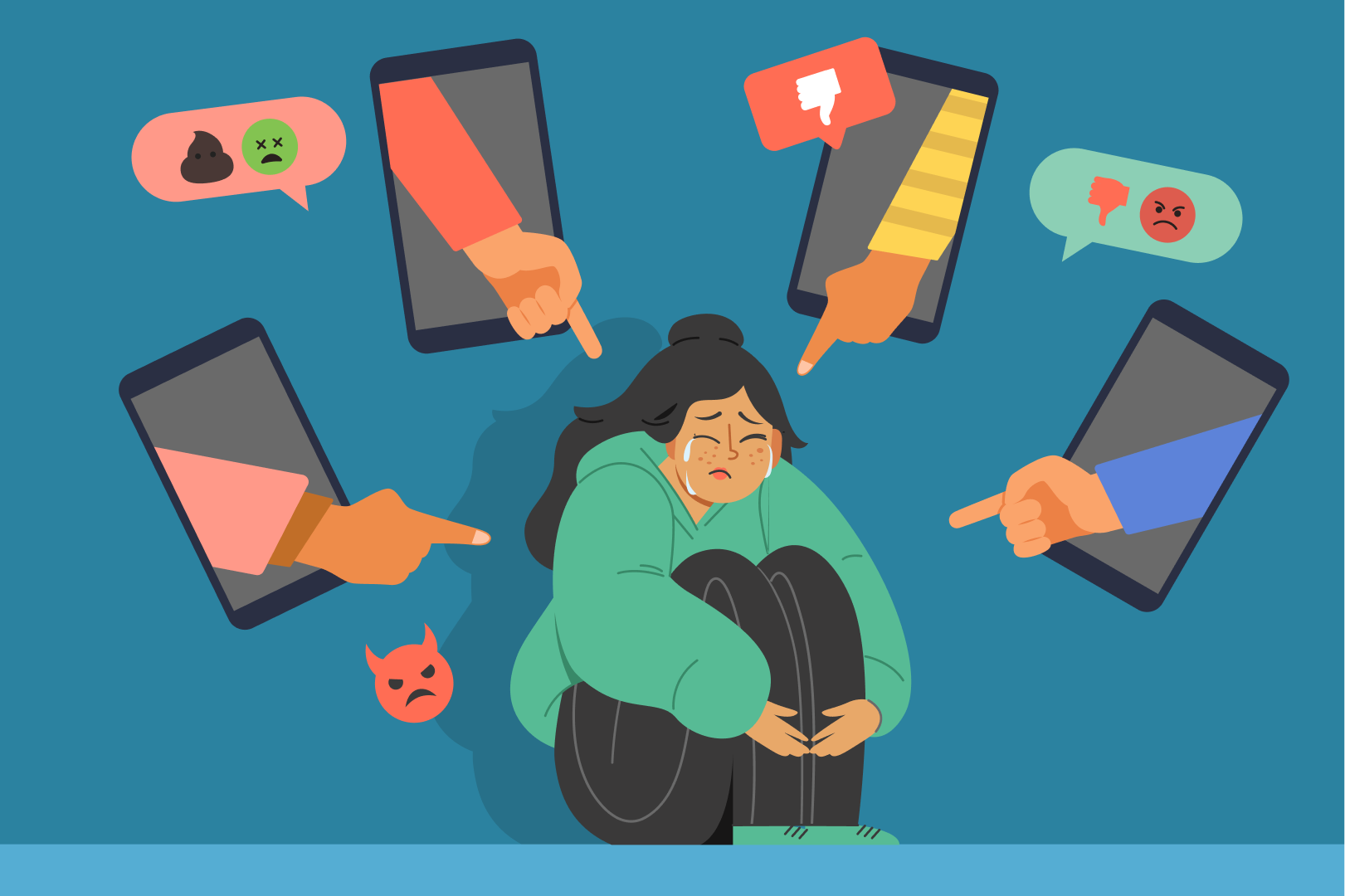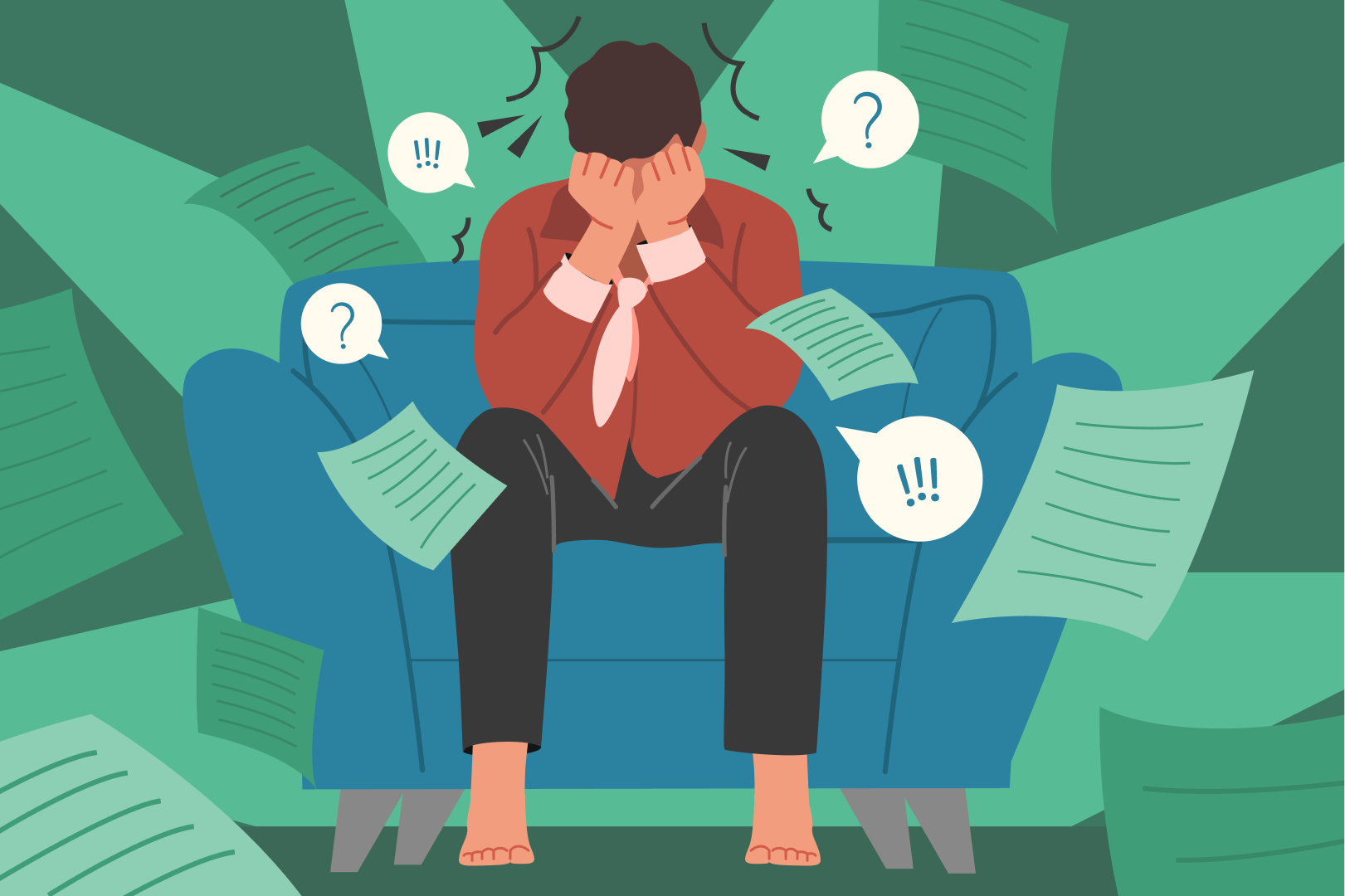Stress In Teenagers and Youth
Stress in young people could affect psychological well being. The years 13-18 years are marked by rapid changes that are physical, cognitive and emotional . Young people may face other challenges, including changing relationships with peers, new demands at school/college and the academic pressure to perform so that they can chart a career path.They may question their sexual identity, deal with unrealistic family expectations, get addicted to alcohol/ tobacco and feel the need to give in to social media pressure. .There is an additional burden of becoming financially independent and to settle down by getting married. The ways in which young people cope with these stressors can have significant short-and long-term consequences on their mental well-being.
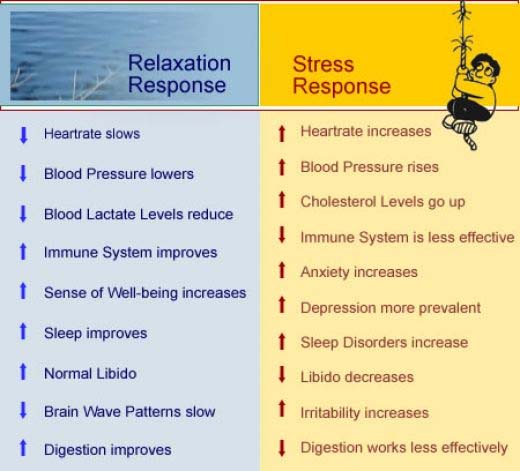
Stress Doesn’t Equal Anxiety!
What is Stress really?
Put simply, Stress is your body trying to protect itself from real or imagined threats, a Fight or Flight response. When you feel focused and alert at a job presentation for instance, Stress can be said to be helping you deal with the situation. So, Stress can be a Good Guy and not a Villain!
We often tend to wrongly think Stress is the same as Anxiety. But, there are fine differences between the two. For instance, stress is generally caused by some trigger, a deadline, a fight with a friend; while anxiety persists on and has to do more with your feelings regarding the trigger.
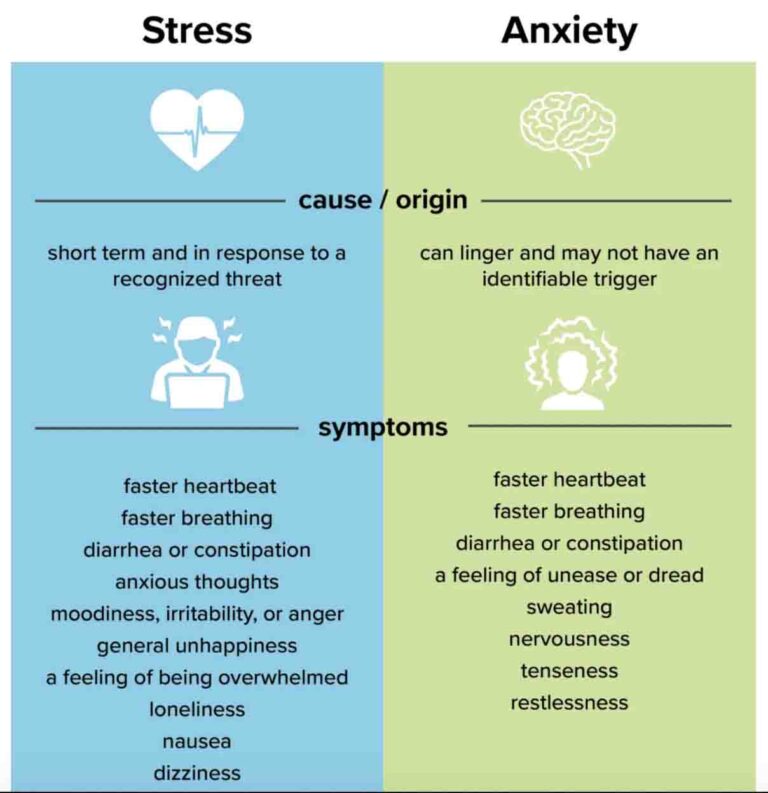
Stressors/Mind Space Bugs during adolescence
Things that bug you, irritate you and maybe alarm you can be a myriad of things including
- Exam and School demands!
- Expectations and Pressure from Parents to perform well in school!
- Your own Social Interactions, expectations and relationships!
Stressors
Social Interactions
Is your friend ignoring you on the whatsapp chat; are you continuously checking your mobile and feeling stressed. Your whole day must be feeling ruined. This and many supposedly small things can affect your feelings of well being. In such a case, you should first turn to a trusted and close friend who will probably provide you with an impartial viewpoint and can help you regain your equanimity. Sometimes, you are reluctant to confide in a friend or probably your friend’s advice doesn’t help you decrease your stress levels, you can then approach us at Emotional First-Aid.
- Bullying
Social interactions can be fun, boring or even frightening. They can be Positive or Negative.
Bullying is a classic case of a negative kind of social interaction. Bullying is never okay. Bullying is not an argument or fight that you have with someone. It is not hating or disliking someone. Bullying happens when a single person or group of people repeatedly and intentionally use words and actions to cause harm to another person’s well-being.
Bullying can take place anywhere, be it school, parks, on your phone and other devices.If you are a victim of bullying,you might be feeling helpless and alone, but you must remember you are not alone. The key step…TALK TO SOMEONE should be your first step. Talk to your family and friends about what is happening. If you feel that you aren’t getting the support you need, then you can contact someone you trust.
Exam and School Demands
Even though School can be a place where you not only learn great new things, make everlasting friends, even the thought of exams can be stress inducing. Does your brain freeze up during exams and you feel you can’t remember a single thing? Do you feel physically unwell during exam time?
There are a few strategies you can use: Think of the stress differently. Identify the cause. All you have to do is study in a time managed manner, giving yourself enough time. Then you have to continuously remind yourself that you HAVE studied and you can cope.
What does exam stress look like?
Some signs of stress include:
- Feeling confused
- Losing touch with friends
- Feeling moody and low
- Having trouble making decisions
- Feeling overwhelmed
- Lack of motivation to do anything
- Trouble sleeping or getting out of bed
- Tense muscles or headaches
- Having an upset stomach or feeling sick
- Fidgeting, nail biting, teeth grinding
Why do people experience exam stress?
- Worry they might fail
- Don’t feel prepared
- Want to do really well
- Don’t have much time to study
- Need to get a certain result
- Don’t think they will do well
- Find it hard to understand what they’re studying
- Feel pressure from family to get good marks
- Feel they need to compete with others
- Have other things happening in their life
Getting ready to study
It’s never too late to set up good study habits. Here are some helpful ideas:
Find a quiet place to study without distractions.
Set-up your study space. Make sure it’s not too cluttered and has everything you might need.
Find out as much as you can about the exam so you can prepare.
Ask your teacher if you’re unsure of what will be tested.
Learn to make ‘mind maps’ and use them to collect ideas and thoughts, use bright colours to help remember important links.
Make a plan of what you want to work on in each study session. Break it down into small tasks and work on one task at a time.
Take regular short breaks – use this time to have a drink, get something to eat or play with a pet.
Ask for help – If you’re having trouble with something you’re studying ask a teacher, friend, sibling or parent to help.
Tips to help while studying
Try these tips and tricks:
Stick to a routine by eating and sleeping at around the same time each day
Get a good night’s sleep. This gives your brain time to recharge and remember what you’ve learnt.
Give yourself mini rewards once you achieve your study goals – watch a TV show or go for a run
Keep focused on your study – don’t let other stuff like friendship worries distract you.
Avoid junk food – it will bring a sudden burst of energy and then fall away quickly leaving you feeling worn-out.
Eat a well-balanced diet – lots of fresh fruit, vegetables, cereals, grains, nuts and protein are all good for the brain and energy levels.
Allow yourself time to rest – try out some relaxation activities like deep breathing, meditation or listening to music.
Cut back on energy drinks they can increase nerves. Drink lots of water instead.
Dealing with Parental Expectations
Do your parents and you have different goals in mind for your life? Does this topic often lead to arguments and stress?
There is no quick solution to this, but certain things have to be kept in mind and communication channels between you and your parents be kept open.
You have to remember that You Matter, you are someone who has value irrespective of your life goals and your expectations for yourself. Don’t be too hard on yourself. You have to also understand that your parents have your interests and concerns in mind even if it appears they don’t.
Some strategies:
Try to keep communication channels open with them.
Choose an appropriate time when they’re free and in a good mood. Convey to them that you respect their views, but you have different views and interests and see yourself doing something totally different.
If you don’t know what you need to do in life, you should tell them and reveal your fears.
It’s good to be upfront with them even though it may take them a lot of time to accept it.
You can talk to a friend or someone you trust to help you balance this situation.
Warning Signals if you cant deal with stress
Luckily, most times we can deal with our Stressors, even though we undergo anxiety, sleeplessness for a brief while.
But when your feelings of being threatened increase , you need to track your feelings. Have a quick look at the Track-o-meter table below and see which emotion most describes you now :
You | Column 1 | Column 2 | Column 3 |
Feelings | Impatient/ irritable mood | Angry/frustrated | Aggressive/ out of control |
Movement | Not doing as much as usual | Always tired, not enjoying activities | Avoiding activities/ feeling unwell |
Thinking | Overwhelmed | hopelessness | Depressed/ suicidal |
Social Life | Preferring to staying home more than usual | Annoyed with everyone | Isolating and avoiding people |
Performance | Putting things off/forgetting things | Not working well/ unmotivated | Unable to work/ can’t get anything done. |
Sleeping | Trouble sleeping | Restless and disturbed sleep | Sleeping too much or too little. |
If you feel that you relate more to the descriptions in column I, you can handle it by trying out various Stress Busters and find one or more that you are comfortable with. If not, you really need to talk to someone, you can turn to a trusted friend or you can reach us at Emotional First-Aid.
Stress Busters
When something in your brain says ‘Hey! I don’t feel comfortable any longer and I really need to do something to make this feeling of unease go away.” Here are a few things you can try:
- Meditation
- Movement
- Sleep
- Give yourself time
- Spend time with your friends
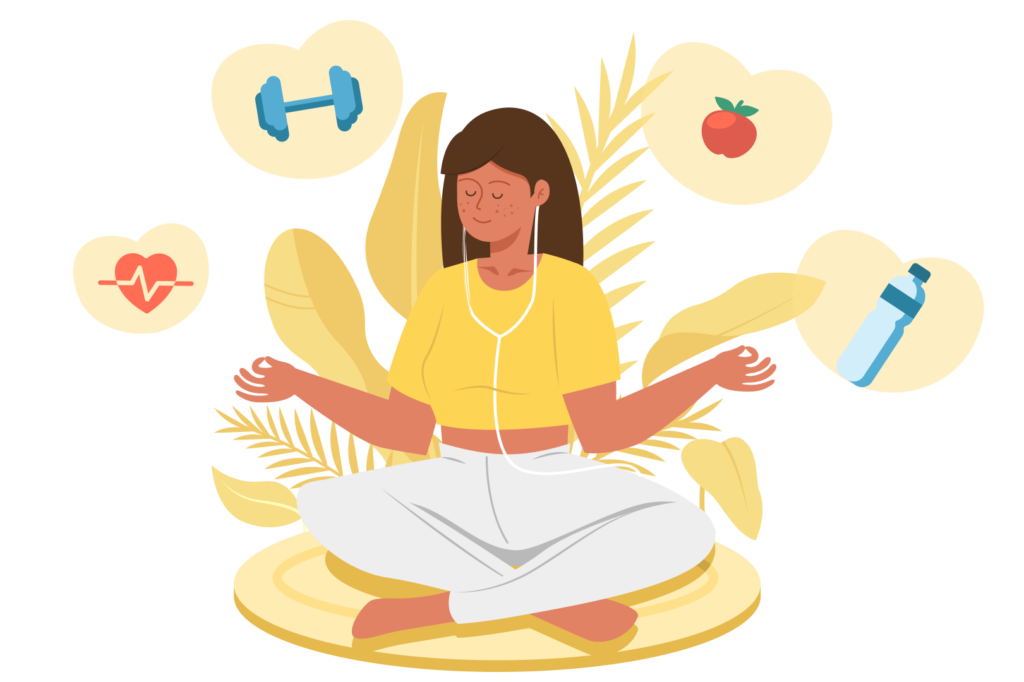
Let’s begin with Sleep as a Stress Buster. Sleep as we all know, is hugely important to our physical and mental well being. We tend to take it for granted till we have to spend a sleepless night!
Some steps we can take to have a better quality of sleep:
- Take some time to prepare for bed; half an hour is good. Keep your phone, tablet, laptop away, play soothing music. If you have to read, read something light. You can even do light stretches and try to meditate and calm your mind.
- You can try to keep a diary where you can note down things that upset you or made you happy. If you are a list making person, you can make a list of things to do for the next day.
- Try to keep a diary. Record both the things that make you uncomfortable and the things that make you happy. If you like to make lists, make a list of things to do for the next day.
As adolescents grow up, many things do get resolved with the advent of maturity and a different perspective to situations in their life, but unfortunately, many stressors evolve and some new factors come into play.
Common Stress Triggers:
- Work Demands
- Financial worries
- Pressure to succeed
- Stress caused by feelings of competitiveness
- Poor coping skills
Work Demands
Work related stress is quite common, especially among younger people who are starting out in their careers as these are those who don’t have much control over their working lives. It’s not just a matter of time management.
Financial worries
Again, younger people are more affected with concerns regarding their financial status as they are less financially secure.
Pressure to Succeed
In these times, younger people are often driven by their need for success. The perception of success is often tied to their self esteem. Almost 60 % of young adults falling in the age range of 18-24 years old are affected by the stress caused by the pressure to succeed, while 41% of 24-34 years old are affected. The fall in percentage can be attributed to the fact that older persons would already have established careers, families and achievements.
It’s been seen that young people are more likely to feel stressed when they compare themselves to others. Almost 49% between the ages 18-24 have reported that they worry about it.
Sources:
Forbes| How ‘Keeping Up With The Joneses’ On Social Media Is Damaging Everyone’s Mental Health
Dr. Margaret Rutherford | Five Steps to Stop Comparing Yourself To Others
Verywell Mind | The Stress of Social Comparison
Coping Skills
Coping skills Young people are vulnerable to stress triggers, as they are still evolving their coping strategies. With age, they improve their coping skills and are less likely to be overwhelmed. They also become better at identifying their stressors or triggers and over time establish strong networks when help is required.
Should I be Worried about Myself/When to get help.
It’s important to recognise that you have stress. It’s only when you acknowledge that you are suffering from stress, will you be able to find ways to find equilibrium.
As a first step towards a healthier you, You can ask yourself some of these questions:
- Do I get irritated easily?
- Do I feel anxious and worried most of the time these days? I’m having panic attacks!
- Do I often feel on the verge of crying, even crying without provocation?
- Why am I so restless and unable to relax?
- Why am I unable to focus; my thoughts are all over the place?
- Why do I feel alone even in a crowd ?
- Why can’t I have a goodnight’s sleep?
- Am I drinking and smoking more than usual?
- Why is my body complaining of physical aches and pains even though I’m so young?
Sometimes stress gets on top of you, especially when the situation causing the stress goes on and on and the problems just seem to keep building up. You can feel trapped, as if there is no way out and no solution to your problems. If you feel like this, it is important to get help.
Signs that stress is getting too much and that you should get help:
- You feel that stress is affecting your health.
- You feel so desperate that you think about stopping school, running away or harming yourself.
- You feel low, sad, tearful, or that life is not worth living.
- You lose your appetite and find it difficult to sleep.
- You have worries, feelings and thoughts that are hard to talk about because you feel people won’t understand you or will think you are ‘weird’.
- You hear voices telling you what to do, or making you behave strangely.
- You are using drugs or alcohol to block out stress.
De-stress Action Plan!
Now that you’ve realised things are troubling you and distressing you, and you’ve checked out the common stress triggers and know you aren’t the only one undergoing stress, you can make a preliminary action plan.
There are several things that you can do to help yourself cope.
- Don’t suffer in silence! Feeling alone makes stress harder to deal with. Talking to somebody you trust can really help you to deal with stress and to work out how to tackle the problems that are causing it.
- Make a list of all the things in your life that are making you feel stressed–
- Write them down on a piece of paper.
- Then take each one in turn and list all the things you could do to tackle it.
- This can help you sort things out in your head. Problems look easier to deal with one at a time than in a big jumble in your head!
- Take a break – do something that you really enjoy.
- Do something relaxing, for example listen to music or watch a movie
- Do some exercise. This produces chemicals in your body called ‘endorphins’ which make you feel good.

